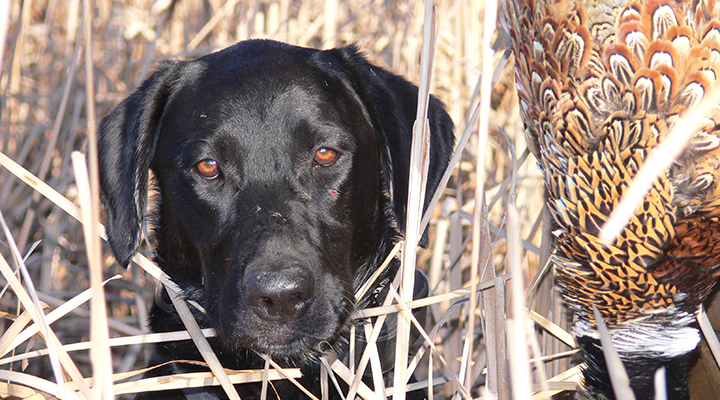
A four-legged partner can make your hunt a success. Keep your pooch’s pearly whites in shape this hunting season:
Bird dogs, like labs, retrievers and pointers are generally not prone to dental problems, but periodontal disease is common in many pets.
Keeping a close eye on their mouth will keep their game on point. Follow these tips to ensure your hunting dog’s oral health is helping your hunt.
Just like you and your family, your dog should eat a healthy and well-balanced meal. Ask your veterinarian what the best food for your pooch is.
Your dog needs regular dental care, including tooth brushing and exams. This should include an annual professional cleaning and brushing 3 times a week. Chew toys and dental chews also help protect teeth.
All breeds have different health risks. Research the risks for your specific breed. Keep in mind all dogs are unique and behavior can impact health just as much as genetics.
• Dogs with wide mouths or irregularly positioned teeth tend to be prone to periodontal disease.
• Short-faced dogs have mouth conformations that cause a higher incidence of periodontal disease.
• Dogs who exert little effort when chewing might be at higher risk. The action of chewing helps remove plaque, tartar and even calculus from tooth surfaces. You can encourage chewing by providing your dog with the appropriate bones or non-toxic chew toys.
With our tips and your vigilance, your hunting dog will be in top shape for pheasant season. For more hunting fun, check out some of our favorite pheasant recipes.